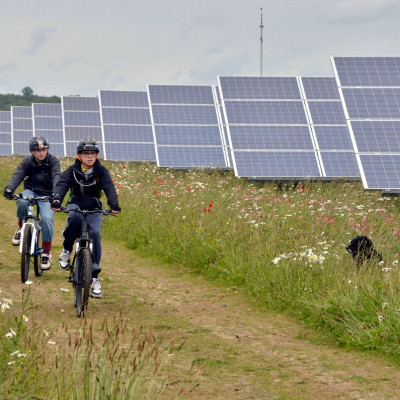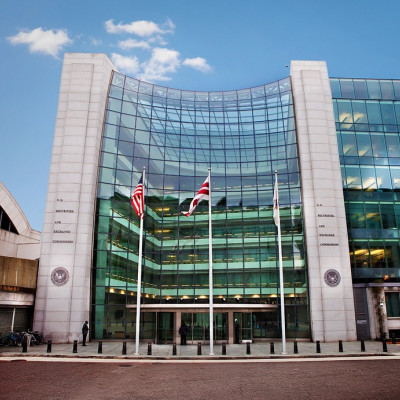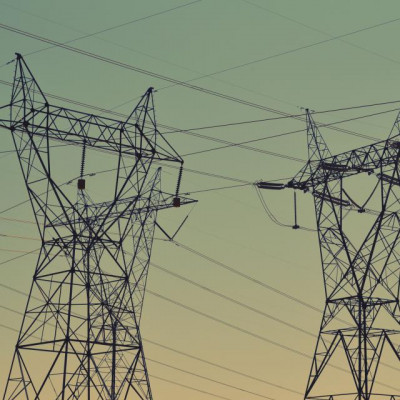August 31, 2022
August 2022 at Policy Integrity
- Join Us: A New Era of Climate and Energy Policy – 9/20 Conference
- SEC’s Rules Try to Curb Greenwashing
- New Guide for States on Social Cost of Greenhouse Gases
- Amicus Brief in Support of Revised PJM Electricity Market Rule
- New Report: How LNG Regulators Should Consider Climate and Environmental Justice Impacts
- Impacts of the Inflation Reduction Act
- More From This Month
-

Join Us: A New Era of Climate and Energy Policy – 9/20 Conference
This September 20th, Policy Integrity is hosting a day-long conference as part of NYC Climate Week. Panels will cover key issues such as the implementation of the Inflation Reduction Act, an assessment of the current environmental justice landscape, and the future of climate policy after West Virginia v. EPA. The conference will bring together leading policy, advocacy, and academic speakers, including FERC Commissioner Willie Phillips, WE ACT for Environmental Justice director Peggy Shepard, Earthjustice Director of Strategic Legal Advocacy Kirti Datla, and Center for Climate and Energy Solutions President Nat Keohane.
Register here to attend in-person or via livestream.
-

SEC’s Rules Try to Curb Greenwashing
The Securities and Exchange Commission (SEC) recently proposed two rules that would help reduce greenwashing, a practice in which companies misrepresent the sustainability of their investments. The first proposed rule would create a series of new disclosures for investment companies regarding their Environmental, Social, and Governance (ESG) activities. These disclosures would provide investors with comparable and decision-useful information about fund practices. The second proposed rule would better align the names of investment companies with investor expectations by requiring portfolio distribution requirements for funds whose name connotes a particular investment strategy, including for ESG funds. Policy Integrity submitted comments on the SEC's economic analysis of each rule, recommending steps that the SEC could take in the final rules to provide additional clarity and context.
-

New Guide for States on Social Cost of Greenhouse Gases
This month, we released The Social Cost of Greenhouse Gases: A Guide for State Officials, which was commissioned by the United States Climate Alliance (USCA), a bipartisan coalition of governors committed to reducing greenhouse gas emissions consistent with the goals of the Paris Agreement. The guide is intended to serve as a reference for states that seek to use the social cost of greenhouse gases to consider the societal and environmental impacts of emissions in relevant policy and decision-making processes. The guide examines the social cost metrics’ origins, components, historical and potential applications, and the legal authority of agencies to use it.
-

Amicus Brief in Support of Revised PJM Electricity Market Rule
PJM, the electricity grid operator for 13 states and DC, recently modified its Minimum Offer Price Rule (MOPR), which had evolved into an artificial barrier to capacity market entry for energy resources receiving state clean-energy payments. The modification went into effect by operation of law after the Federal Energy Regulatory Commission split 2-2 over whether to approve the change. Several generator associations and two state public utility commissions then challenged PJM’s modified rule, the “Focused MOPR,” in the Third Circuit. Policy Integrity filed an amicus brief rebutting several of the challengers’ arguments and explaining that the Focused MOPR is unlikely to suppress capacity market prices or threaten resource adequacy or reliability and that well-designed subsidies for energy generation are welfare-enhancing.
-

New Report: How LNG Regulators Should Consider Climate and Environmental Justice Impacts
After a significant rise in production over the past decade, the United States has become the largest exporter of liquefied natural gas (LNG) in the world. Yet, the analysis behind LNG terminal and export approvals overlooks climate and environmental justice impacts, despite promises of imminent reform. Policy Integrity’s new report provides a comprehensive look at the Department of Energy (DOE) and the Federal Energy Regulatory Commission’s (FERC) past practice in this space and offers recommendations for improving their review of the climate and environmental justice impacts of LNG approvals. Report authors Laura Figueroa and Sarah Ladin summarize their recommendations in a recent blog post.
-

Impacts of the Inflation Reduction Act
A White House Office of Management and Budget analysis found that the climate-related benefits of the Inflation Reduction Act could range between $700 billion and $1.9 trillion, including substantial reductions in weather-related damages and heat-related deaths. Using the social cost of carbon, scientists and economists have shown that slashing emissions generates extraordinary benefits for society, Max Sarinsky told E&E News, noting that the metric is an underestimate so the social benefits of emissions reduction are likely greater. Certain localities are particularly well equipped to make the most of the legislation: as Justin Gundlach told The City, states like New York that are prepared and have started climate planning are better positioned to take advantage of the Act’s resources.
-
More From This Month
We submitted comments to:
- FERC on how it can clarify and improve reforms proposed in its Notice of Proposed Rulemaking for transmission planning and cost allocation.
- DOE on its methodology and assumptions for estimating the emissions impact of a proposed Alaska LNG export terminal.
- BLM on its estimate of climate damages from a 30-year oil extraction plan in Alaska.
- DOE on its use of the social cost of greenhouse gas metrics in its proposed equipment efficiency standards.
